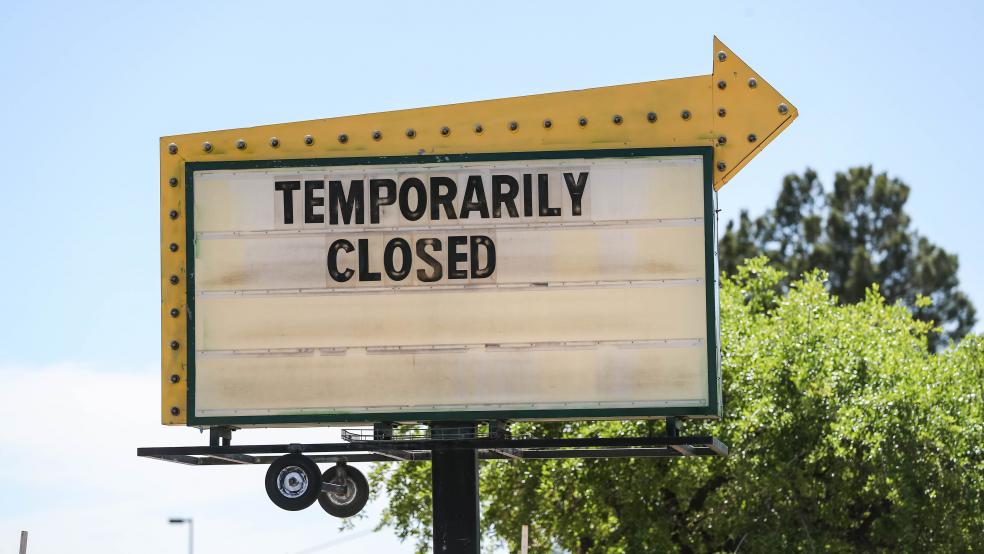Congress is expected to pass a major economic relief and stimulus bill later this summer, but there is still considerable uncertainty about its final form. Will it include another round of stimulus checks, or tax cuts for businesses? Will the unemployed continue to get additional aid? And will state and local governments get a lifeline as they confront huge budget shortfalls?
Annie Lowrey of The Atlantic writes Tuesday that the next set of federal policies will likely play a key role in how we navigate the serious pitfalls that the economy still faces, warning that a “second great depression” could be in the offing if lawmakers fail to respond appropriately to the crisis at hand. She focuses on four major issues that will require attention from federal policymakers:
The “household fiscal cliff.” The $1,200 stimulus checks and enhanced unemployment benefits have kept millions of households afloat, but they are temporary. If federal aid is pulled back prematurely, before the economy fully recovers, many of those households could tumble into poverty.
The decimation of small business. While the Paycheck Protection Program and other forms of federal assistance appear to have helped thousands of businesses remain viable in the short run, the lack of consumer demand in a high-unemployment economy, along with the continued need to maintain some degree of social distancing as the coronavirus continues to spread, will likely force many small businesses to close their doors for good in the coming months.
The budget crunch for state and local governments. With plummeting tax collections and soaring safety net spending, state and local governments are facing massive deficits that are already forcing layoffs and service cutbacks. Without targeted aid from the federal government, millions of public employees could lose their jobs, creating another drag on the recovery.
The ongoing health crisis. “Ending the pandemic would have been the single best thing the federal government could have done to preserve the country’s wealth, health, and economic functioning,” Lowrey says. But the U.S. has failed to develop and deploy some of the basic tools used to control the spread of the coronavirus, and the result is a new surge of cases in some states that are reopening. Given the lack of preparation and well-coordinated response, parts of the country are likely going to have to muddle through well into the fall, depressing the economic rebound.
Still, the good news is that all of these potential pitfalls can be addressed by federal policies, Lowrey says, ranging from income support to a nationwide test-and-trace system. All that’s required is for policymakers to make good decisions -- though that may be easier said than done.




